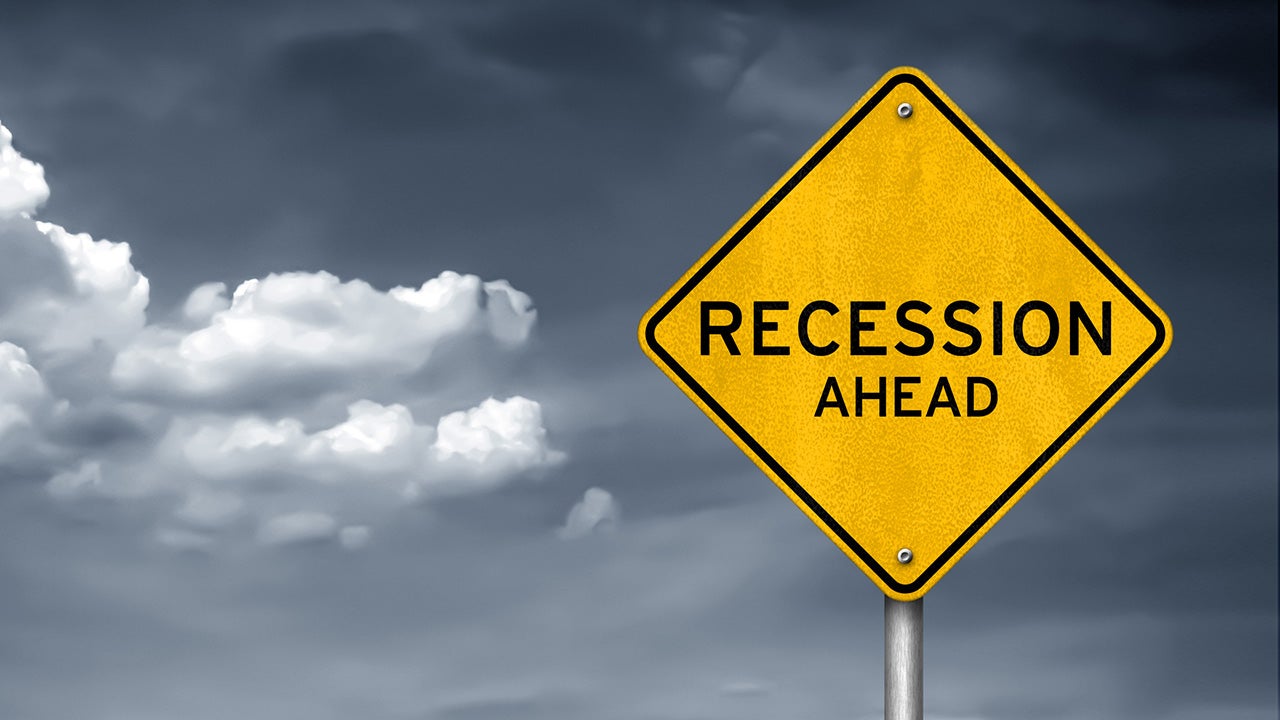
Big banks are setting aside billions in additional money to get ready for an avalanche of loan defaults as the global pandemic continues to devastate economies.
The world’s largest banks, including JP Morgan, HSBC, and Wells Fargo are anticipating a deep recession as the coronavirus takes an increasing toll on consumers and businesses alike.

Access deeper industry intelligence
Experience unmatched clarity with a single platform that combines unique data, AI, and human expertise.
The banks that have reported first-quarter profit plunge also reported significant charges to boost reserves ahead of the expected wave of bad loans.
“If the economy gets worse, we’ll bear additional loss,” said JP Morgan chief executive Jamie Dimon. “But we do forecast all of that. We know we can handle really adverse consequences.”
In total, JPMorgan recorded charges worth $8.3 billion in the first quarter, mostly due to money the bank set aside to cover loans.
That situation is mirrored by the third biggest US bank, Wells Fargo & Co, which also reported profits plunged as it boosted reserves in the first quarter.

US Tariffs are shifting - will you react or anticipate?
Don’t let policy changes catch you off guard. Stay proactive with real-time data and expert analysis.
By GlobalDataCash-strapped borrowers, skipped payments
For years, banks’ profits have been buoyed by robust consumer spending and borrowing. From now on, they’ll have to struggle alongside their cash-strapped borrowers.
With the advent of the coronavirus pandemic, millions of their customers are seeking unemployment benefits. Scores of consumers have already contacted banks to defer payments, mostly on mortgages and auto loans.
At the same time, other homeowners are simply skipping their mortgage payments in the millions.
“A wall of redundancies and defaults”
Meanwhile, critics contend that the failure of the coronavirus loan programme to help struggling small and medium-sized businesses risks triggering a wall of redundancies and defaults.
Giles Murphy, a partner at accountancy firm Smith & Williamson, said directors could decide that winding up their business now was less of a risk than signing assets over to the bank further down the line.
To make matters worse, the banks are still being asked to lend during a period of acute economic uncertainty.
Banks, however, have toughened their loan-approval standards, especially for new customers. As a result, many consumers and businesses find it hard or impossible to get credit just when they need it most.







